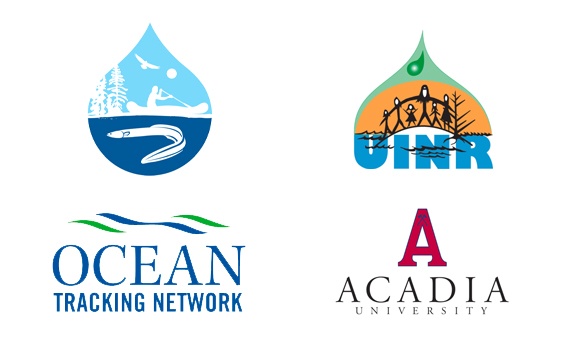Natural science research has long been led by academics, but a community-level approach is seeing Indigenous peoples and resource stakeholders who rely on their local aquatic species take increasingly more ownership over research design and results.
This shift is seeing Canadian federal granting agencies putting emphasis on two-way communication and engagement that empowers end-users.
Community-based design
A new aquatic study through the Ocean Tracking Network (Dalhousie University) is taking this approach to heart: the NSERC research award partners universities and First Nations groups at the grassroots level.
The idea is to empower communities by co-developing research, incorporate traditional and local knowledge systems with western knowledge systems, and feed results back to communities.
“Bringing traditional, local and academic knowledge holders together will produce a level of understanding and credibility that will go far beyond this project,” explains Darren Porter, fishing weir owner and operator, local knowledge holder.
Community-based results
The Mi’kmaq Conservation Group (Bay of Fundy and Minas Basin region), the Unama’ki Institute of Natural Resources (UINR; Cape Breton region), Acadia University and OTN are leading the $1 million, three-year, research program to study culturally and commercially important fish species in Nova Scotia.
The largest grant of its kind in the Maritimes, it places First Nations partners at the core of the research program and will measure how community integration enhances the research program and aquatic stewardship.
"This is an excellent opportunity to enhance our individual capacities and conduct research to address [Mi’Kmaq] priorities in a way that is meaningful to our communities," says Shelley Denny, Director of Aquatic Research and Stewardship, UINR.
Results will be made accessible to end-users, to be applied in a variety of ways, from community members through to government policy.

